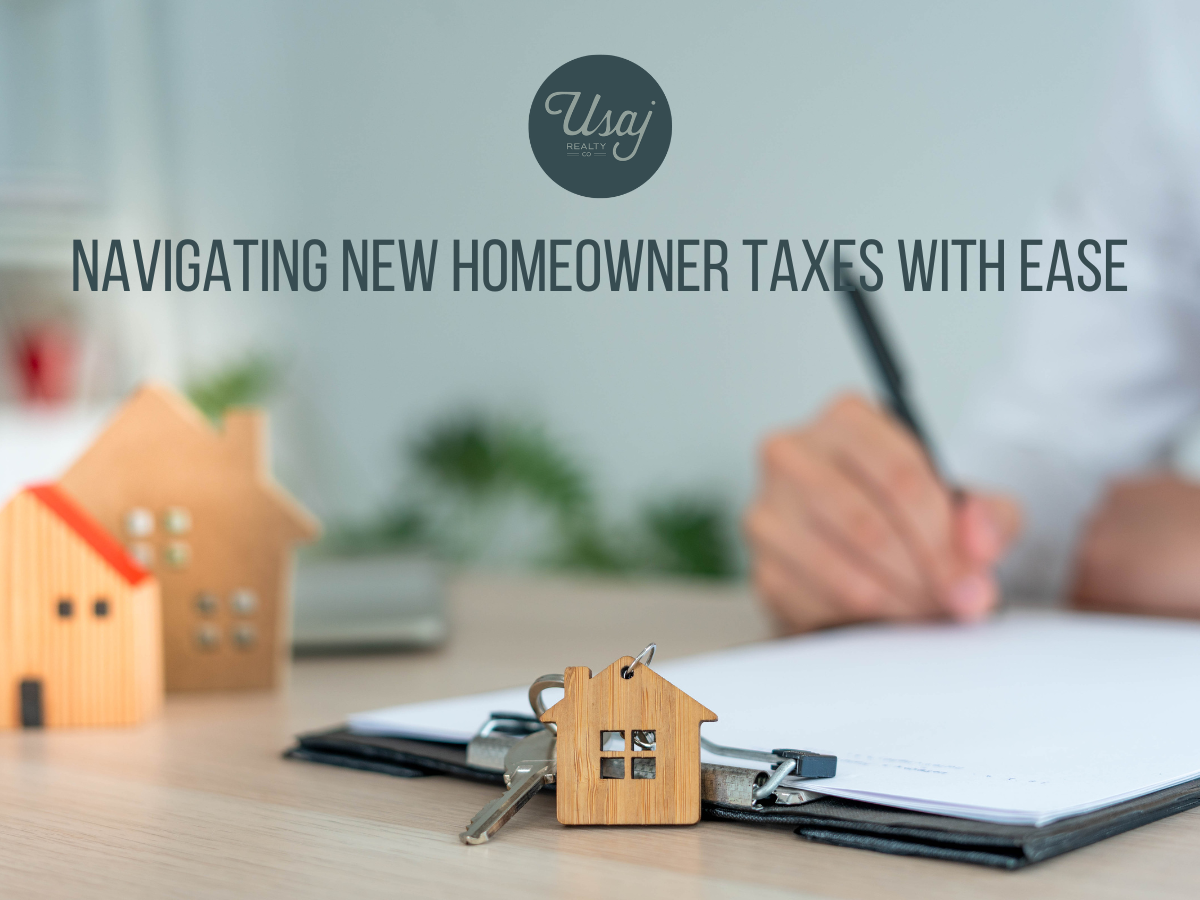You’ve done the math and realize just how much of your income goes to rent. It’s finally time to buy a house, but you don’t know the first thing about a home mortgage. We’re here to help.
You’re not alone. More millennials than ever are turning to homeownership.
With rents rising in the Denver area, it might be time to lock in on a low interest rate being offered on a variety of mortgages. Yes, home prices are still steep but it’s unlikely they will drop anytime soon. Having the same mortgage payment year-to-year and building equity over time offers much more peace of mind than worrying about rent increases and noisy apartment dwellers.
But in order to buy a house, more likely than not, you’ll need a residential mortgage. Follow these tips to ensure you get your application approved the first time around.
1. Understand your own credit report
Checking your credit report before you even visit the bank or lender is the first step in qualifying for a mortgage.A good credit score will be needed before you’ll be approved for a residential mortgage. After all, you don’t want to find out about late payments or negative entries while meeting with your potential lender.
It’s a good idea to check your credit report with a range of agencies. If you’re looking for conventional mortgage approval, you’ll need a credit score higher than 620. An FHA loan requires a minimum score of 580.
Even if you don’t end up buying a house, keeping an eye on your credit report is a great way to monitor potential identity theft.
2. Use your credit report to get your finances in order
Forewarned is forearmed, so now you can correct any issues before you see your lender. After all, you only want 35-36% of your gross monthly income to go towards paying off debts.
You might not think you have any debt. Think again! Debt includes student loans, car payments and credit card payments.
An easy way to improve your personal finances is to make sure you always pay your bills in full and on time. If you do have outstanding debt, try to pay more than just the minimum every month so you can start to reduce the overall total. Also, consider consolidating your debt. This solution may lower the interest rates, reduce your monthly payments and pay down debt faster. The less debt you have, the easier you’ll find it to get approved for a loan.
Lenders also like to know how much credit you can potentially access, and weigh that against potential debt. It’s also a good idea to ditch any credit cards that you don’t use anymore.
And if you find you do have late payment notices on your report, all is not lost. Correcting one late payment can increase your credit score by 40 points!
3. Save for a down payment before you see your lender
If you really want to be taken seriously, then it’s a good idea to have a down payment in hand. Most mortgage lenders require at least 3% of the total.
But be aware, the larger the down payment, the better the deal (and interest rate) you’ll get as you’ll need to borrow less money. That makes you less of a risk.
A minimum down payment usually means a higher interest rate, depending on your credit history or even the type of house. All the more reason to check your credit report. Furthermore, if you put down less than a 20 percent downpayment, you’ll likely have to pay mortgage insurance.
Most people will use personal savings or investment income for the down payment. You can also use cash gifts from family or friends.
In addition to the down payment, the lender will want to see recent paychecks, W-2s, bank account/investment statements and tax returns. If you take copies to your first meeting, you’ll speed up the process. Make sure you know ahead of time all the required forms and paperwork you’ll need.
Also, don’t be afraid to speak to several lenders. There’s nothing wrong with shopping around to get the best deal.
4. Aim for pre-approval on your residential mortgage
If you’ve already satisfied the aforementioned steps, you’re more likely to get pre-approval from the lender.
Keep in mind that you might get pre-approval, but it doesn’t guarantee final approval. Pre-approval is useful to give you an idea of the price range of homes you’ll be able to afford.
The ultimate price of the home is a major consideration. But there are many other aspects of home buying to deliberate. What does your commute look like? Is the home in a neighborhood in which you feel safe? Is the home in move-in condition or must work be done before you feel comfortable moving in? Is there a grocery store and other amenities nearby? Does the home provide easy access to recreation, cultural activities, or other pursuits that appeal to you?
And you might not need them now, but what about local schools if you expand your family? Will they offer a good education for your children?
Use this handy house hunting checklist to keep track of the houses you view.
5. Pay attention to your future finances
You should already have an idea of what your monthly expenses look like.
Now you have to consider what your house-related expenses will be as a homeowner. You can use your pre-approval price range as a guide. It’s advised to pay about 35% of your pre-tax income on your mortgage, property taxes, and homeowner’s insurance. If you can get that percentage lower, that’s even better.
Being a homeowner requires more financial planning than when you’re renting. Each month you’ll be on the hook for more than just the mortgage, property taxes, and insurance. Depending on the type of home, here are just a few of the additional payments you may have to budget each month: utilities (water and sewer, heat and electricity), garbage pickup, internet, cable, lawn care, snow shoveling in the winter and HOA fees. It’s also recommended to set aside money each month to take care of routine maintenance like cleaning carpets, chimneys, windows, gutters/downspouts, etc., and to have reserves for appliance repair and replacement.
And this doesn’t even include future home improvements or renovations, and other necessities like buying a car, going on vacation or even starting a family.
6. Consider other options after purchase
Homeownership comes with many benefits, some you which you may not have even considered. For most people, it will be the single biggest purchase and investment they make. Think of it as a forced savings account that usually increases in value over time. Typically, home values increase two percent each year (over the last five years, it’s been much more than two percent). Furthermore, various studies have proven that homeownership increases the educational performance of children, boosts health and well-being, and increases civic/volunteer activity.
In addition to owning the home in which you live, down the road, you may want to buy a second home or an investment property that generates income. This type of passive income can help fund your retirement and protects your money from the boom and bust cycles of the stock market.
Keep in mind, banks may require 20-25% as a down payment on an investment property. You’ll also need to consider maintenance costs and other repair bills. Will the incoming rent be able to cover the mortgage, property taxes, insurance, and expenses?
Please contact us if you are interesting a buying a home or investment property. Our knowledgeable brokers can assist in your search to be a first-time homeowner or own an investment property that generates additional income for you.
(Editor’s note: This blog was originally published in 2016. It was been updated to reflect current trends).





